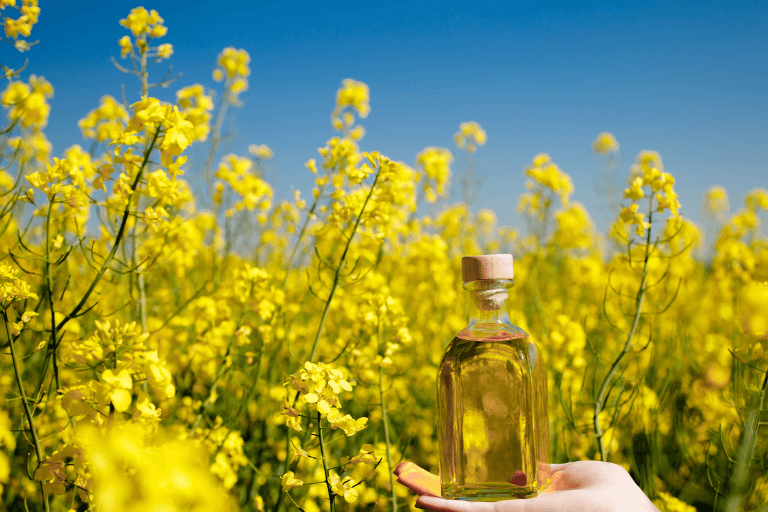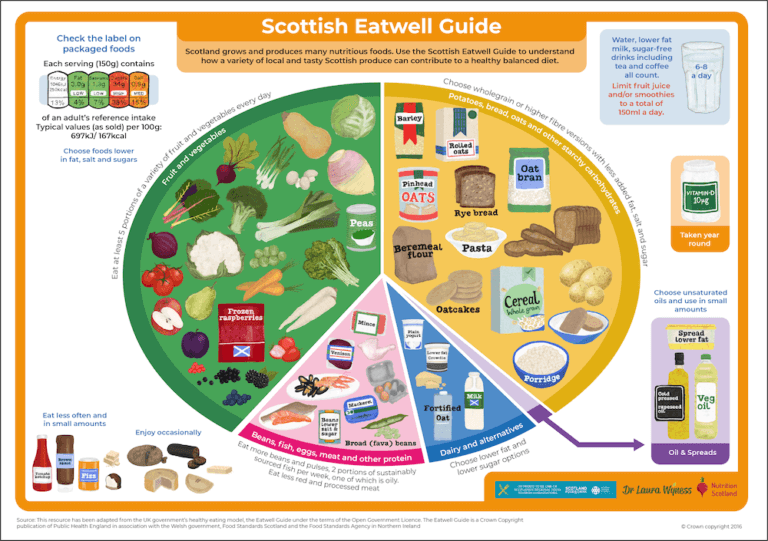Asparagus belongs to the family of flowering plants known as asparagaceae, and has the botanical name Asparagus officinalis. This plant originated in the Mediterranean region and grows best in sunny, well-drained soils. It is a versatile vegetable with a distinct flavour and nutritional properties. This article explores why we should be making the most of British asparagus just now.
Asparagus season
Asparagus is available all year round in supermarkets, due to it being imported from around the World. However, there’s something special about asparagus grown on home soil in the UK, and the fact that there’s only a short (about 8 week) window of opportunity to make the most of British asparagus.
British asparagus season lasts from late April to late June. There are three varieties of asparagus in the market: green, white, and purple. These all originate from the same plant, but have slight differences in flavour. The most common in the UK is the green variety.
Looking after your asparagus
Asparagus is best eaten soon after you get it. To maintain its freshness, the ends need to be wrapped with damp paper towels before placing in the refrigerator. To prepare, snap off the woody end of each stalk at the point where it breaks easily.
Dietary benefits
A portion of asparagus (80g or about 5 asparagus spears) counts towards one of your 5-A-Day fruit and veg intake. Although it is low in calories (with a portion providing around 20 calories) it contains a range of essential vitamins, minerals and beneficial antioxidants and fibres.
Increased intake of dietary fibre, is associated with reduced risk of cardiovascular disease (e.g. coronary heart disease, stroke), type 2 diabetes and colorectal cancer (bowel cancer). Asparagus contains insoluble fibres that keep our digestive system healthy and helps to prevent constipation, and soluble fibres such as the prebiotic fibre inulin. These fibres provide food for beneficial bacteria in your gut which have been linked to supporting the immune system and producing essential nutrients like vitamins B12 and K2.
Nutrition and health benefits of asparagus
Asparagus is an excellent source of vitamin K, an essential nutrient required for normal blood clotting and maintaining good bone health.
It is a rich source of folate, a nutrient that has many important roles including contributing to normal blood formation, immune function and reducing tiredness and fatigue. Folate is also an important nutrient before and during pregnancy.
Asparagus also contains beta-carotene, vitamin C, potassium, thiamine, niacin, vitamin B6, copper, manganese and phosphorus in small amounts.
Asparagus has many antioxidants such as gallic acid, ferulic acid, quercetin and rutin. Antioxidants are compounds that help protect your cells from the harmful effects of free radicals and oxidative stress. Oxidative stress contributes to aging, chronic inflammation and many diseases, including cancer.
Some healthy ways of using asparagus
Asparagus is a popular vegetable in many parts of the world and goes well in many dishes. Asparagus spears can be blanched, roasted, grilled or sauteed and used in dishes such as soups, stews, salads, or even on their own with a dash of lemon juice.
You can also eat raw asparagus, using a vegetable peeler to slice the stalks into thin ribbons and adding to a salad. Below are a few asparagus recipes for you to try out.
Asparagus frittata – Jamie Oliver
Creamy chicken with asparagus and tarragon – BBC Good Food
Asparagus soup with lemon and Parmesan – Jenn Segal
Thanks to Azita Boozchaloo (ANutr) for her help in preparing this blog post. Azita recently graduated from Glasgow Caledonian University with a Master’s degree in Clinical Nutrition and Health. Find her on Twitter @AzitaB2





